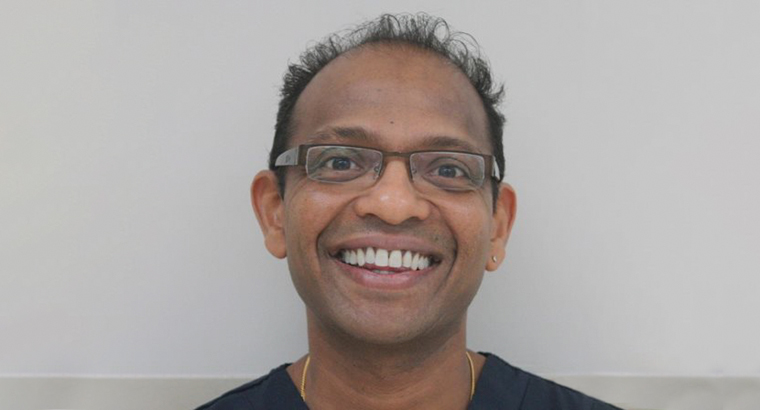Feature
‘The last bastion for procedural GPs is rural medicine’
GP proceduralists should head to the bush for the best professional opportunities, argues Dr Ganesan Sakarapani.
 Should procedural GPs head to the bush?
Should procedural GPs head to the bush?
Dr Ganesan Sakarapani never expected to end up as the medical administrator for a hospital in Port Hedland, in WA’s Pilbara region.
After all, he’d he trained and worked as a GP proceduralist 1600 km to the south, in Perth’s outer suburbs, where he’d put down roots.
But Dr Sakarapani noticed an unwelcome change around 12 years ago.
‘Hospital administrators were pushing for more specialist-run units, and GP proceduralists were being surreptitiously pushed out or weren’t re-credentialed from one year to the next,’ he told newsGP.
‘In my old hospital, there used to be 10–15 GP proceduralists. Now there are three. There are very few GP proceduralists working in the metropolitan system now.’
There was less and less room for GPs in Perth, as a surge in newly graduated specialists pushed them out. The issue has only intensified in the intervening years, as news of declining opportunities for Perth GP obstetricians illustrates.
Australia has around 2200 GP obstetricians and, according to the Rural Anaesthesia Down Under group, 568 GP anaesthetists.
The answer, for Dr Sakarapani, was to go bush.
‘The last bastion for procedural GPs is rural medicine,’ he said. ‘Opportunities in the metropolitan centres are going to continue diminishing, because other forces are in play.
‘If you want to keep being a GP proceduralist, you should seriously consider doing work in rural or remote sites.’
 Dr Ganesan Sakarapani is a passionate advocate of GP proceduralists.
Dr Ganesan Sakarapani is a passionate advocate of GP proceduralists.
Dr Sakaraparani’s Hedland Health Campus is a 50-bed hospital staffed with many GP proceduralists. The obstetrics unit is run by midwives working in shared care arrangements with five GP obstetricians and one specialist. Three GP anaesthetists do most of the anaesthesia in conjunction with a specialist.
‘Our centre is basically GP-run,’ Dr Sakaraparani said. ‘The departments are staffed with GPs. A consultant oversees each department, but it’s not consultant-heavy.
‘All GPs work as senior doctors.’
Dr Sakaraparani believes a wave of newly trained specialists is pushing GP obstetricians and anaesthetists out to the bush – just as it did to him.
‘Over time, the specialist colleges have graduated far more candidates than they know what to do with,’ he said. ‘The reality of the situation is that these specialists are fighting for limited jobs, and competing with GPs as well … [it’s] slowly but surely pushing procedural GPs from these areas.
‘Metro and outer-metro jobs get filled up first, and GP proceduralists will essentially get muscled out. What’s left for them is rural and remote work.’
And that, Dr Sakaraparani believes, is a blessing in disguise.
‘The quality of the work is just excellent. Procedural GPs are still welcome and needed in rural and remote areas. They can provide much needed assistance to the local community, and remuneration is fantastic,’ he said.
‘Try a small stint as a rural procedural GP – you might surprise yourself and like it. That’s what happened to me.
‘Opportunities were drying up in the metro areas; I started doing rural locums and really enjoyed it.’
Many of the Port Hedland procedural GPs work like fly-in fly-out workers, with their families back in Perth.
‘We create a compressed roster – two weeks on, two off, or ten on, six off – so you get your contractual commitments done and still have all the trappings of the metro lifestyle available. It’s the best of both worlds,’ Dr Sakaraparani said.
‘We’re always looking for good GPs with advanced skill sets who want to participate in challenging work.’
anaesthetics GP proceduralists gynaecology obstetrics rural health rural medicine workforce issues
newsGP weekly poll
Health practitioners found guilty of sexual misconduct will soon have the finding permanently recorded on their public register record. Do you support this change?